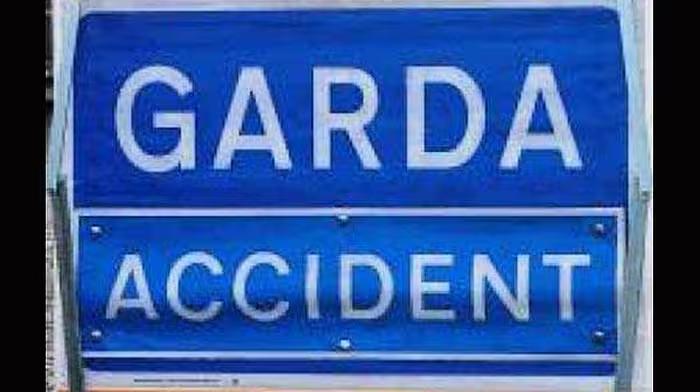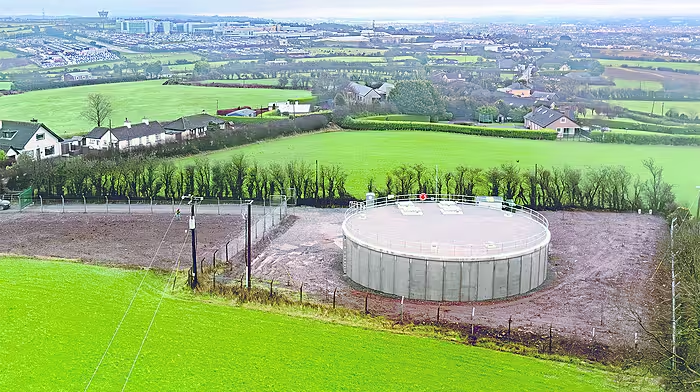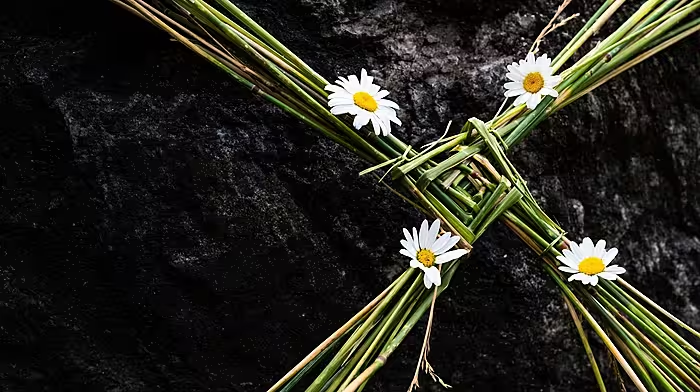Five West Cork farms will have the opportunity to take part in a trial test of a mobile biomass refinery from next May.
FIVE West Cork farms will have the opportunity to take part in a trial test of a mobile biomass refinery from next May.
Farmers at last week’s second annual AgriTech conference, organised by the Ludgate Hub in association with Carbery and AIB, heard that by using the mobile refinery, they would potentially get four usable and saleable products from their grass: an equivalent silage, a feed, a protein and a fertiliser.
Prof Johan Sanders of the Wageningen University in Holland and James Gaffey, a bio-refinery specialist at the Institute of Technology in Tralee, outlined the potential gains for farmers of securing a source of income from biomass produced on their farms.Speaking at Skibbereen Community School Prof Sanders said: ‘There are many more valuable products that can be refined from biomass that can be harvested on or close to the farm where they are grown. Proteins, fibres, minerals, acids, oligo-saccharides, lipids, mono/di- saccharides and polysaccharides can all be refined from grass and can add extra value to what is normally, a single use material.’
All of these bi-products can be used in everything from compound feed, construction materials and polymer products and even the production of biofuel, ethanol.
‘The refined products can then be sold on,’ Prof Sanders said, ‘reducing the dependence on imported products while sustaining and encouraging rural employment.’
James Gaffey said: ‘Five farms in West Cork will trial a mobile grass bio-refinery. This will begin next May and will last for two years. From an Irish perspective, there is an opportunity to become leaders in a post-oil age, displacing imports with locally and sustainably produced sources of bio-based chemicals, materials, and feed.’
Enda Buckley, director of sustainability with Carbery Group said: ‘We would see this as an addition to a silage based platform. While the refinery will extract products from the grass that would normally not be available, the process also delivers to the farmer feed in the form of haylage.’
On the continent this method of refining is known as ‘valorisation’.
‘This process is all about getting every bit of value for the farmer,’ Enda continued.
‘At the moment, a farmer cuts the grass and makes silage, this is just one product from the grass. With this mobile bio-refinery, he’s going to get an equivalent silage, in fact a better silage, a drier silage that will preserve better. And then as well as all that he is going to get a product that can be fed to pigs for example, a good protein product and also a fertiliser as well as a potential feed stock for bio-gas.’
So from one product, grass, using the mobile refinery a farmer will potentially get four usable and saleable products.
‘The farmer can cut the grass for the bio-refinery even when it’s raining,’ Enda continued. ‘It’s important to say that when the machine comes to West Cork next year it is going to be a demo model and will be able to process about two tonnes of grass per hour.
‘We need to prove the concept first, this is a test bed that has worked in Holland very well, so now we want to prove that it can work in West Cork as well.’







